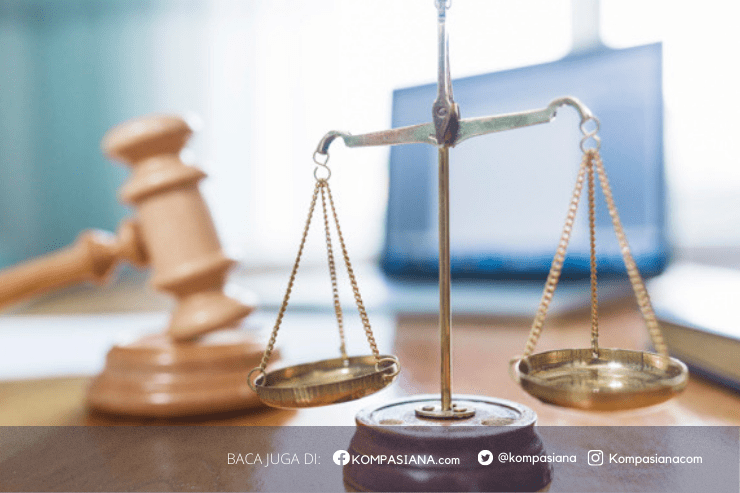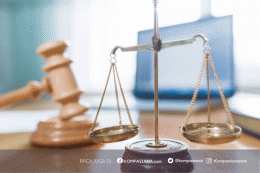managing a country, there will definitely be state institutions. The existence of these state institutions can help carry out their functions, with the aim of advancing the nation and state. Therefore, the existence of state institutions is one of the important elements in the establishment of a state. Different countries have different state institutions. This is adjusted to the needs of the people in the country concerned.
Definition of State Institutions
According to Dewi Oktaviani, state institutions are government institutions domiciled in the center whose duties, functions and authorities are expressly regulated in the Law.Simply put, state institutions are government institutions (Civilizated Organization) created by the state, from the state, and for the state, in order to achieve the state's goals. In state institutions, its members also help maintain the stability of its performance in order to achieve the country's goals.
According to George Jellinek, state institutions are divided into two major parts, namely 1) direct state equipment (unmittebare organ), and (2) indirect state equipment (mitterbare organ). There are several state institutions in Indonesia, namely legislative institutions, executive institutions, and judicial institutions. However, the existence of state institutions in a country is not only limited to these three institutions.
The existence of state institutions in Indonesia is fully regulated by the 1945 Constitution and other laws and regulations. Thus, the position of each state institution in Indonesia depends on the authority, duties and functions that have been given by the 1945 Constitution.
Duties of State Institutions in General
- Maintain security, political, legal, human rights and cultural stability in the country concerned.
- Create a conducive, safe and harmonious environment for the country.
- Maintain a link between the state and the people.
- Being a source of inspiration and aspirer of the people.
- Help run the country's government.
- Eradicate corruption, collusion and nepotism (KKN).
Division of State Institutions in Indonesia
Indonesia as a democratic country, runs the government with the application of the theory of trias politika. Trias Politika is the division of government power into three areas with equal positions. The three areas are the Executive, Legislative, and Judiciary.
- The Executive, in charge of implementing and executing legislation, namely the President and vice president, along with the ministers.
- Legislative, in charge of making laws, namely the House of Representatives (DPR)
- The Judiciary, in charge of defending the implementation of legislation, namely the Supreme Court (MA) and the Constitutional Court (MK).
Baca konten-konten menarik Kompasiana langsung dari smartphone kamu. Follow channel WhatsApp Kompasiana sekarang di sini: https://whatsapp.com/channel/0029VaYjYaL4Spk7WflFYJ2H







